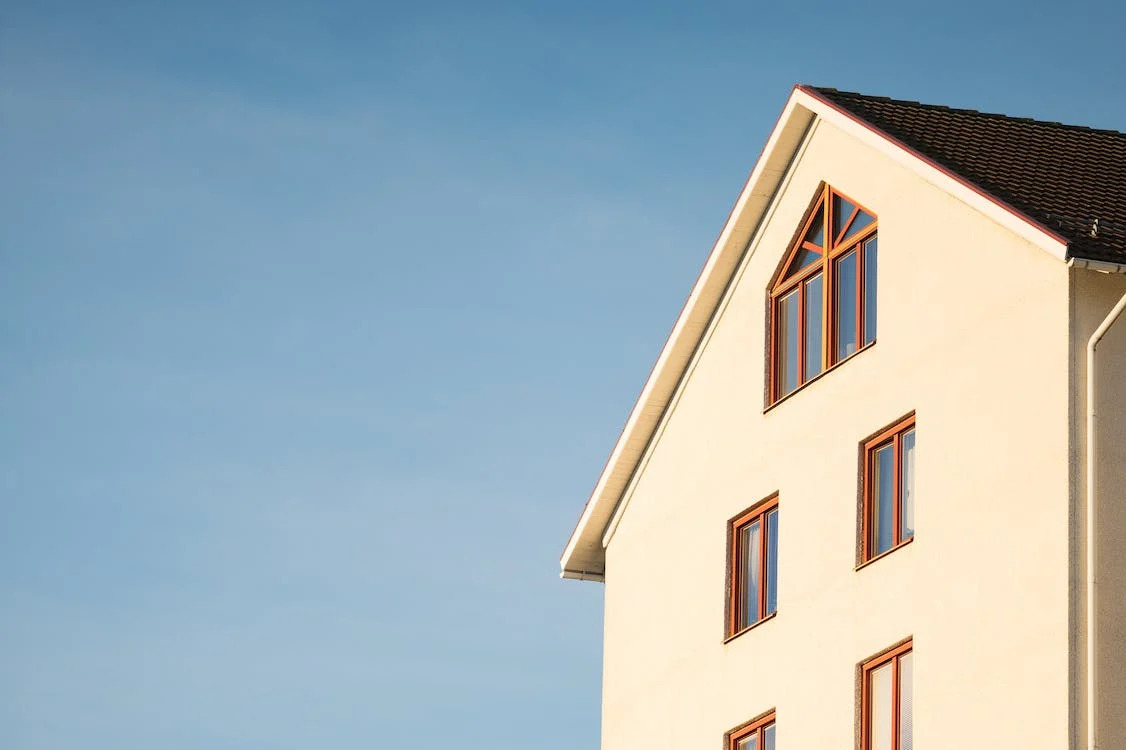How to Know if You’re Ready to Own a Home

Making the leap from renting to owning a home is a big decision. You’ll be taking on more responsibility, making larger purchases, and potentially spending more money every month. As you weigh your options, consider these factors to see if you’re ready to make the move.
You have a steady income
- Your monthly income should be stable. If you don’t have a steady source of income, it may take a while before you’re ready to buy a home. To save money and prepare yourself for homeownership, try saving up your own money or look into getting some side hustles. This will help build up your savings account, which can help with the down payment and closing costs on a house.
- The rental market in your area is affordable. In order to determine whether or not now is the right time for buying a house—and how much house you can afford—you should do research into how much rent is in your area compared with other places around the country or world (or even just nearby). If housing prices are high and rents are high as well, then it might be better off waiting until those prices drop before taking out loans for mortgages early on in life when things like student loans often need paying back sooner rather than later!
You are saving money
Saving money is the first step to buying a home, but how much should you be saving? Generally speaking, experts recommend saving at least 20% of your income. This can be tough if you’re living paycheck to paycheck. However, it’s important that you have enough money saved up in order to avoid getting stuck with high-interest rates on your mortgage.
It’s also important not to waste valuable savings on “fun” purchases such as fancy dinners out or new clothes – keep these funds for things that will help contribute towards the down payment of your future house! There are plenty of ways to save money without sacrificing comfort: cut back on consumption by eating at home more often or joining a gym instead of going out with friends; take advantage of discounts offered by local merchants by shopping around before making any purchase decisions; ask friends and family members if they have any spare items they wouldn’t mind parting ways with (like old furniture).
You can pay your bills on time
When it comes to the question of whether you are ready to own your own home, there is no right or wrong answer. Ultimately, it comes down to what’s right for you and your family. If you’ve decided that now is the time for you and your family to buy a home, here are some things to consider:
- Are you paying all of your bills on time? This can be one of the most important things when it comes to qualifying for a mortgage. Even if you’re making late payments (and paying fees), making sure that everything else—rent, utilities, credit card payments—are being paid on time will prevent any unexpected situations from ruining your chances at homeownership. It also shows lenders that even when things are tight money-wise, they can trust that their borrower will make responsible decisions about paying their bills in full every month.
- Is there enough income coming in each month? When applying for a loan through traditional channels such as banks or mortgage companies they’ll want proof that there’s enough money coming in each month from sources other than wages from an employer (unless it’s an employer who pays out commission) like rental income or investments such as stocks or bonds before approving the loan request
You have good credit
Take a look at your credit score. Your credit score is a number between 0 and 1000 which indicates the risk you pose to creditors. A good credit score is 700 or above, but if yours falls below 500, it may be time for a bit more research into how you can improve it before applying for a loan.
If you’re looking to buy a house, it’s important that you have saved up money and are able to pay your bills on time
If you’re looking to buy a house, it’s important that you have saved up money and are able to pay your bills on time. This includes having enough in savings for the down payment and closing costs (usually around 5% of the selling price), as well as enough cash on hand to cover repairs and maintenance costs.
If you don’t have enough money saved up, there may be other ways that you can build up equity in your home before you purchase one—for example, by renting out one or more rooms in your home while living there yourself. If this is an option for you but still seems like too much work or hassle, consider searching for apartments instead of houses until such time as things get easier financially!
If you don’t have enough savings, you could get a loan from family or friends as a backup plan
If you’re not sure if you can afford the down payment, one option is to get a loan from family or friends. This can be an easier way for people who don’t have the credit score needed for a mortgage.
Conclusion
Owning a home is one of the biggest investments you can make in your life. Before making that decision, it’s important to take into account all of the factors we’ve discussed here. Whether you’re looking to buy or just want some background knowledge on what it takes for someone else, hopefully this article has given you some answers!
